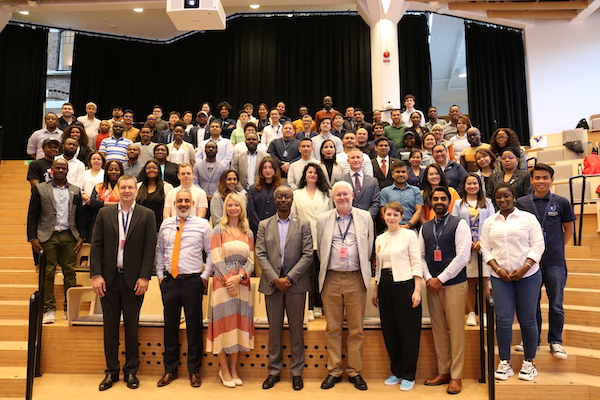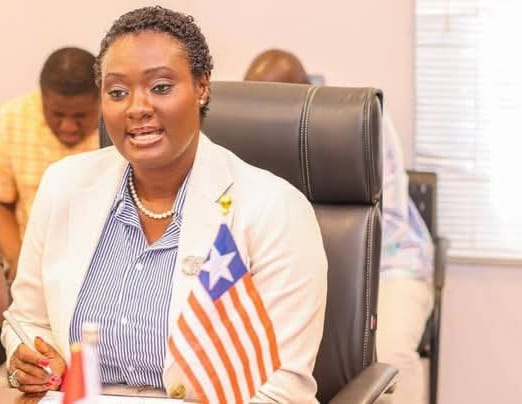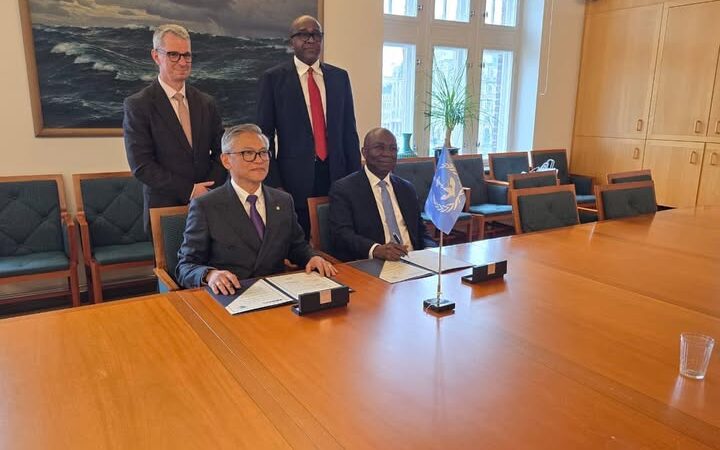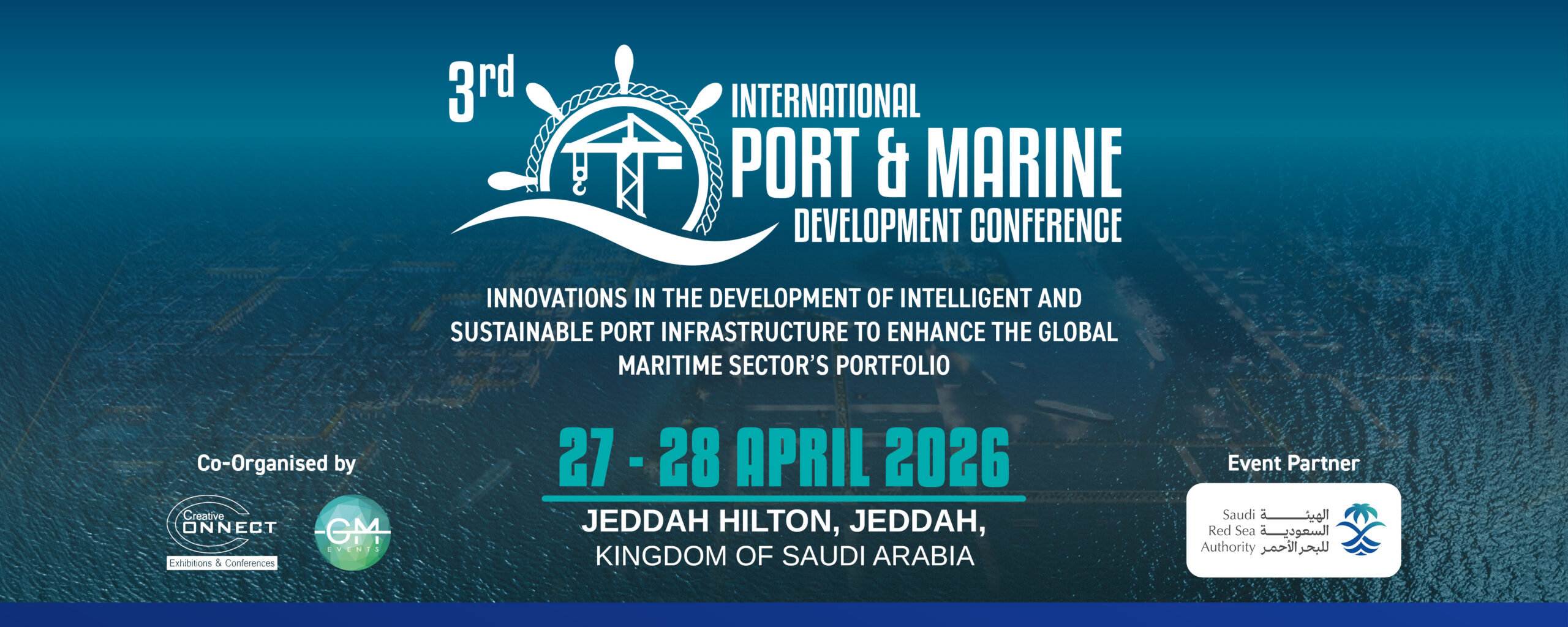COMBATING MARITIME CORRUPTION THROUGH WMU CURRICULUM
On 3 July, the Maritime Business Integrity and Corruption Awareness (CORA) Seminar took place at WMU in partnership with the Maritime Anti-Corruption Network (MACN), a global business network working towards the vision of a maritime industry free of corruption.
Delivered to students in the Malmö MSc in Maritime Affairs programme, the seminar highlighted facts and figures as well as the socio-economic and legal consequences stemming from demands for bribes and facilitation payments made of seafarers and ship operators. The core of the awareness programme advocates for confronting the scourge of corruption through a set of skills and techniques—which can be acquired through education and training.
Mr Rob Lomas, Deputy Commissioner of Maritime Affairs of the Republic of the Marshall Islands, delivered a governmental perspective. He spoke of his work as chair of an IMO Correspondence Group that developed a document that was adopted last year by IMO’s Facilitation Committee of the Guidance to implement and adopt procedures against maritime corruption.
A panel of industry speakers presented incisive views on how the crackdown on corruption is fitting into wider corporate compliance schemes. Ms Alexandra Belmonte, Chief Compliance Officer at Maersk, quoted Maersk CEO, Vincent Clerc, referring to Maersk’s Code of Conduct, saying, “it sets global standards for how we as a company engage with our colleagues, customers, suppliers, communities, authorities and other stakeholders.“ She spoke about Maersk’s Business Compliance Ambassadors, positioned globally and supporting the company’s operations in 130 countries.
Mr Janus Auken, FICS, Head of Business Transition (Tankers) and Resilience at the Denmark-based Synergy Group, shared his company’s excellent results with respect to bribes and facilitation payments, set against a tough policy “where non-compliance will have career limiting consequences.”
Dr Lisa Froholdt, Head of the Research Unit at the Centre of Maritime Health & Society in the University of Southern Denmark, author of the WMU Book Series volume on Corporate Social Responsibility in the Maritime Industry, also took part in the seminar’s panel.
Participants at the seminar also heard a moving presentation from a survivor of the Beirut port explosion disaster. Jihane Abi Khalil, Owner and Managing Director of Adelmar Logistics Sarl based in Beirut, Lebanon, reflected that “corruption is a dangerous tool that can harm a country economically and mentally.”
The seminar included a lively conversation about shipboard observations concerning interactions between vessel crews and shoreside authorities. WMU faculty recounted witnessing an abhorrent atmosphere in terms of management of demands for gifts and bribes, and discussed how ship safety is compromised as a result. The seminar also included an opportunity for the students to debate a series of business integrity and compliance scenarios, developed by MACN based on real cases.
The WMU Maritime Business Integrity and Corruption Awareness Seminar has run annually since 2016 and is an example of WMU’s commitment to tackling the scourge of maritime corruption. Associate Professor Aref Fakhry, the seminar’s convenor, stated that in countering corruption, “What matters is taking incremental steps internally and nationally. The story of CORA is that eventually we will reach effective solutions in the fight against corruption.”
Source: WMU






